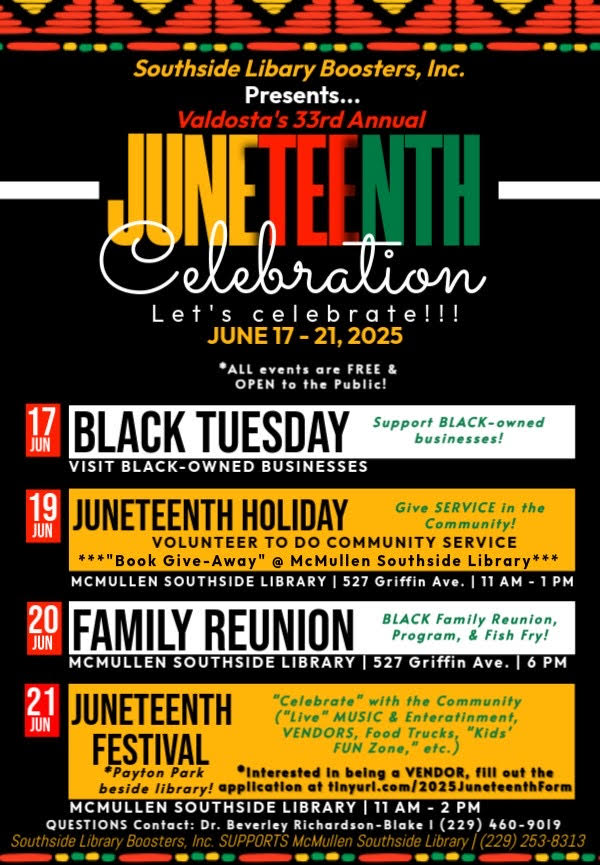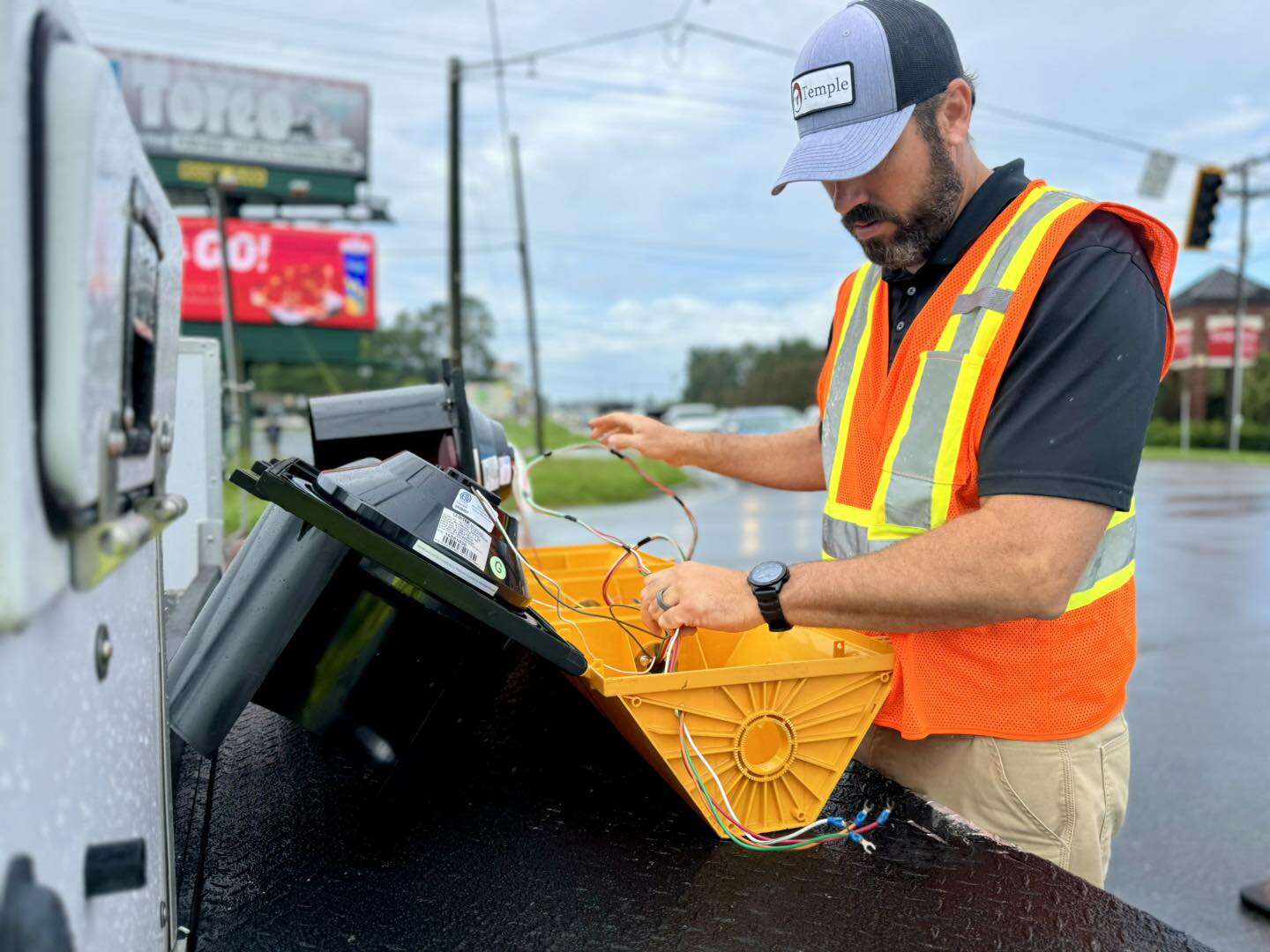Discussion on tattoo parlor ordinance tabled after debate
Published 9:54 am Monday, October 24, 2016
TIFTON, Ga. – The Tifton City Council meeting on Oct. 20 began with a public hearing do discuss proposed text amendments to remove distance requirements between tattoo parlors or body piercing establishments and residential zoning districts. Currently the minimum distance is 1,000 feet from a residence.
Houston Shultz explained that the Planning and Zoning Committee reviewed the proposal on Oct. 10 and all three members of the committee who attended the meeting voted the amendment down, and the floor was opened up to arguments for and against the proposed amendments.
Mayor Julie Smith read an email from Jill Reid, Environmental Health manager for the Tift County Health Department, who was unable to attend the hearing but wanted to have her remarks entered into the record. Reid explained that regulation of businesses specializing in body modification is very important to ensure the health and safety of clients, artists and the wider community.
“If there are no locations for these artists to open their business, they are forced to tattoo and pierce within their homes,” she wrote.
Reid then argued that having such a strict zoning ordinance “is pushing more artists to perform out of their homes.” Reid asked that the council consider changing the zoning ordinance to ensure the Tift County Board of Health would be able to regulate such facilities for the sake of the public health.
Jan Wise and Julie Sharpe, both members of the Planning and Zoning Committee, spoke in opposition to changing the zoning ordinance. Tattoo parlors are currently allowed in neighborhood commercial and general business sections, and they determined “it would be very, very difficult to locate a tattoo parlor in any of those areas that would not be within 1,000 feet of someone’s home.”
“It then became a question of, what do we want our neighborhoods to look like,” said Wise. Sharpe and Wise looked at a map of the city parcel by parcel, and determined that there are already zoning areas where a tattoo parlor could potentially set up shop that are currently vacant and wouldn’t require a zoning change for them to do so.
“There are multiple places in the city and in the county where they could go and put a tattoo parlor today,” said Sharpe.
They emphasized that they wanted to encourage business, and they they aren’t against tattoos, but feel that they need to be located in an appropriate area, just like any other business.
“It’s a fine line between encouraging business and protecting out neighborhoods, and in this case we chose to protect the integrity of our neighborhoods because without families we don’t have a need for business,” concluded Wise.
Discussion waxed fast and furious amongst the council members and Shultz proposed making other kinds of changes to keep the zoning and the minimum distances the same but still accommodate new tattoo businesses without treating one type of business differently than another.
The discussion was tabled until more research could be done.





